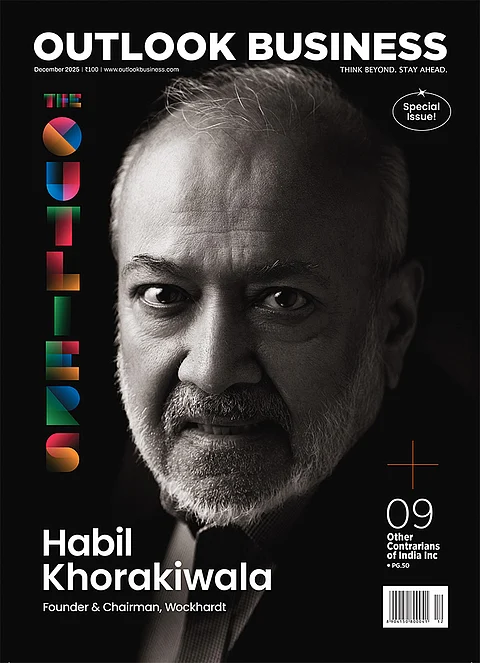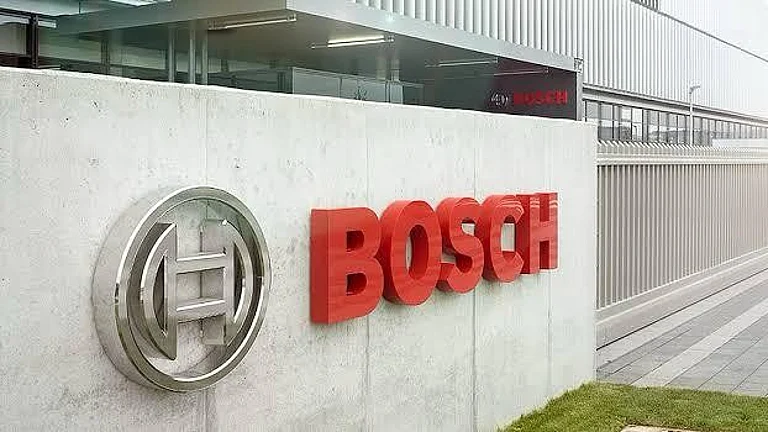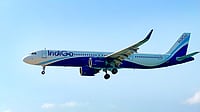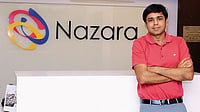
Bosch faces ₹140 crore customs demand over oxygen sensor classification dispute.
Company to appeal order before Delhi Tribunal, with 7.5% pre-deposit.
Bosch posts ₹1,115 crore Q1 profit, driven by revenue and cost gains.
Investing in hydrogen, EVs, digital services to boost sustainable mobility future.
Auto component manufacturer Bosch announced on Thursday that has been issued a demand of over ₹140 crore, along with interest, from the Indian customs authority on grounds of differential duty on oxygen sensors.
The company, in one of its regulatory filing said that it has received an order passed by the Principal Commissioner of Customs (Import) Air Cargo Complex, New Delhi, regarding an interpretation of the classification of oxygen sensors.
According to a Mint report, the order is on account of interpretation on classification of oxygen sensors from one category to another, resulting in differential duty of ₹70,41,16,516, interest and penalty of ₹70,45,59,538, thereby amounting to a total demand of ₹1,40,86,76,054 plus interest.
Bosch to Challenge Decision before Tribunal
Following this move, Bosch said that it will file an appeal before the tribunal in Delhi, by making compulsory pre-deposit at the rate of 7.5 per cent on the differential duty demanded.
It is in the process of representing this issue before the Central Board of Indirect Taxes & Customs, in order to get clarification on the matter pertaining to oxygen sensors.
This week, the auto component maker reported a jump of over two fold in its consolidated net profit to to ₹1,115 crore for the first quarter that ended in 30 June 2025, as compared to ₹465 crore for the same quarter of the last fiscal year.
In terms of total income, it rose to ₹5,077 crore in the June quarter, up from ₹4,496 crore in the year-ago period. During the quarter, the company also completed the transfer of its "Video solutions, Access and Intrusions and Communication systems" business, thereby recognising a profit on sale of business for ₹556 crore.
The Managing Director of the company said, "Our performance in the first quarter reflects strong growth, driven by increased revenue, higher demand in passenger cars and a reduction in material costs enabled by favourable product mix.”
Additionally, the company is investing hugely in hydrogen, electrification and digital services - positioning itself at the forefront of sustainable mobility.




























